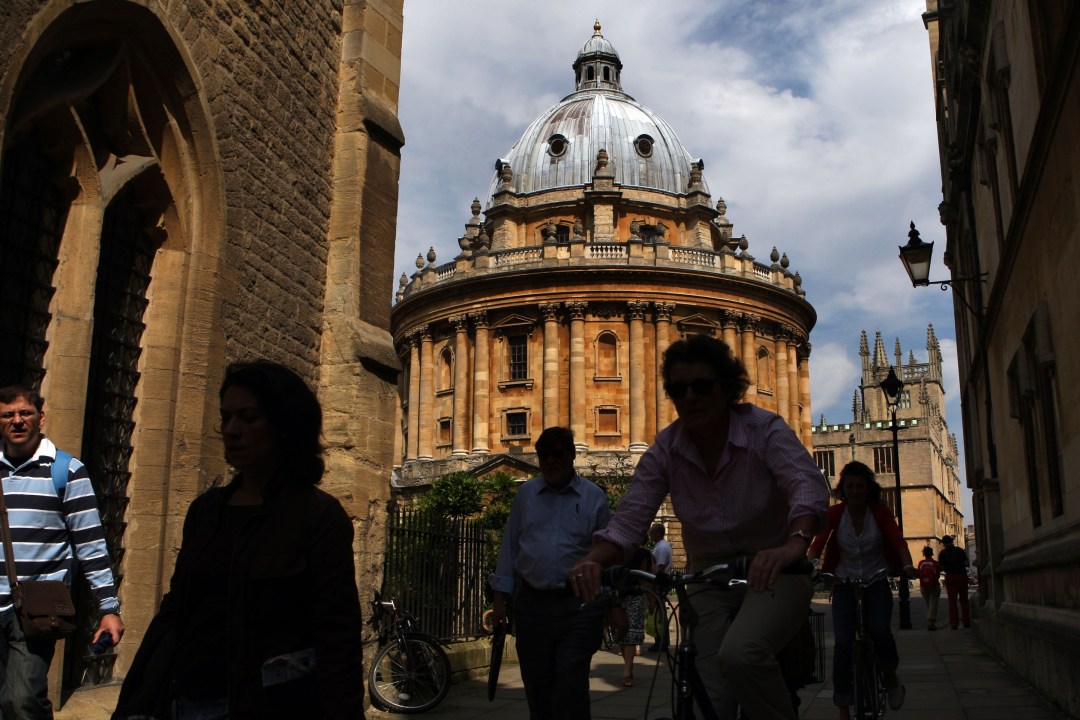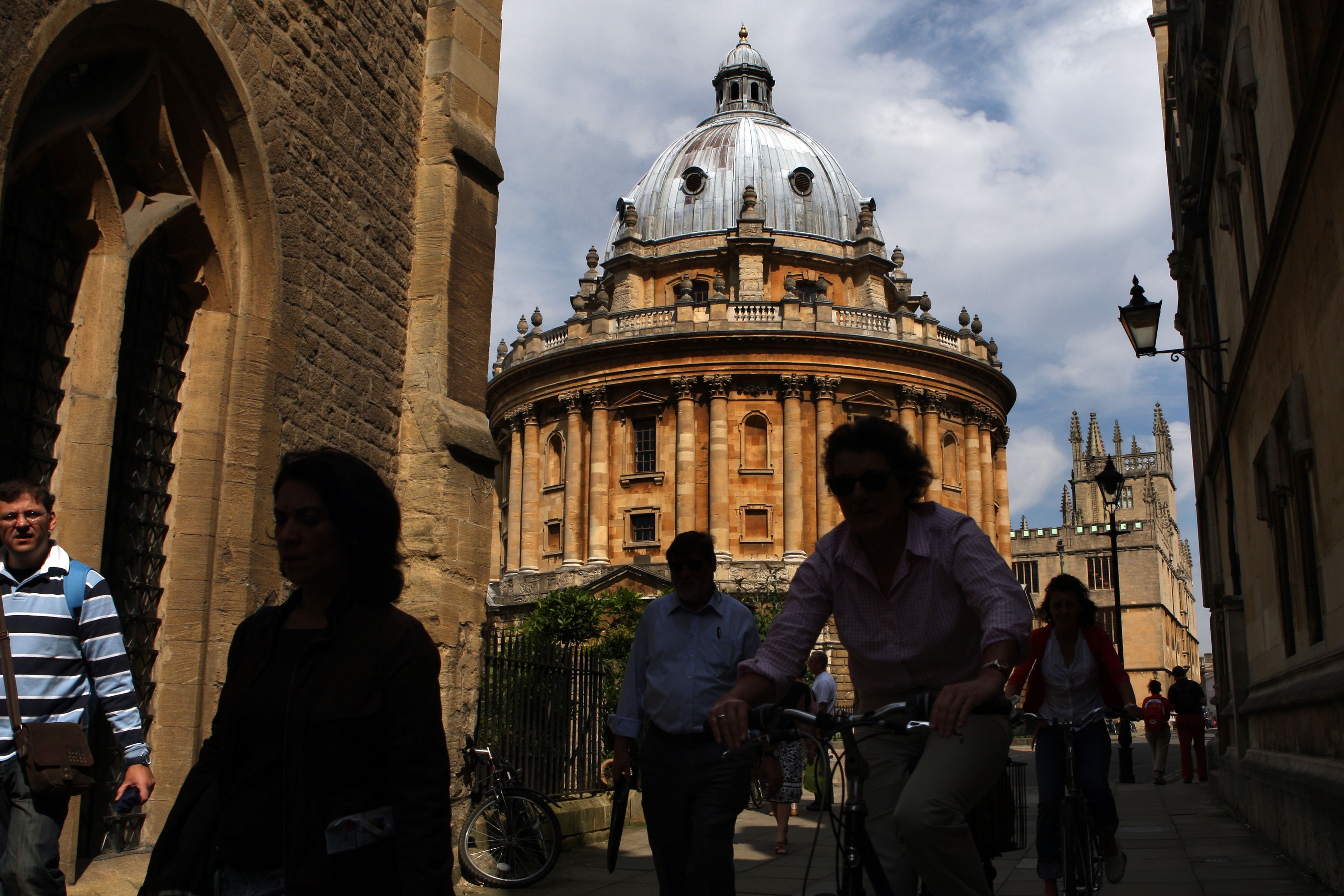I read with some interest the proposal for Oxford and Cambridge to set up state-school-only colleges in the Guardian this week. As someone who was educated exclusively in the state sector, and then went on to Oxford and Cambridge, I have a special interest in this area.
I’m not in favour, obviously. The main objection is that if Britain’s two best universities set aside a quota of places for applicants from state schools they would effectively be saying that independent schools will always be better. That would be profoundly demoralising to those of us trying to raise standards in non-selective state schools. Comprehensives will only appeal to people from all walks of life, including the professional elite, if the education they’re providing is every bit as good as that at Rugby or Stowe. That won’t happen if you hold comprehensives to lower standards.
Some people will accuse me of hypocrisy because I was the beneficiary of positive discrimination. I applied to Brasenose because it had introduced a scheme to attract candidates from state schools and, after a gruelling interview, I received a low conditional offer. Nevertheless, I’m a good illustration of why such positive discrimination is wrong-headed. My father was a Labour peer and when I applied to Oxford I was at a grammar school on the edge of Hampstead Heath. I didn’t deserve special treatment, yet if Oxford and Cambridge set aside places for state school applicants it would be those like me who’d gain, not children on free school meals.
The notion of creating state-school-only colleges is particularly daft. The author of the Guardian proposal said it would be no different from having all-women colleges, but omitted to mention that these are on their way out. When I was at Oxford, there were three women-only colleges — Somerville, St Hughes and St Hilda’s — but all of them now admit men. One of the reasons was that, being single sex, they struggled to attract good applicants. Bright, ambitious women didn’t want people to think they’d only got into Oxford because of positive discrimination, and I suspect state-school-only colleges would have difficulty attracting the best applicants from comprehensives for the same reason.
Judging from their academic performance, women-only colleges still struggle to compete. Of the three that remain, all at Cambridge, one is at the bottom of the Tompkins Table (the league table of Cambridge colleges) and another is fourth from bottom. The best performer is Newnham, which is 22nd out of 29. That’s hardly a ringing endorsement of positive discrimination. It’s also worth noting that since Oxford phased out single-sex colleges, the percentage of women admitted to the university has increased. It’s not quite 50-50, but it soon will be and, as sure as eggs are eggs, women will start to overtake men.
One of the most unattractive things about the Guardian proposal is that it would reinforce the misconception that Oxbridge is a bastion of class privilege. Suppose a handful of Oxbridge colleges became state-school-only. The inevitable consequence is that all the other colleges would become just that bit posher. The social apartheid within our education system up to the age of 18 would be preserved for another three or four years in our two most famous universities. Not only would that be undesirable in its own right, it would confirm the impression among potential applicants from state schools that Oxford and Cambridge are the last redoubts of the English class system where people like them are treated like second-class citizens.
During my time as an Oxford undergraduate, I joined an outreach scheme that involved travelling round comprehensives and trying to persuade sixth-formers to apply. The most common reaction was that Oxford was for posh people — not the likes of them. I did my best to counter this impression by talking about the state-school boys and girls who were thriving at Oxford, as well as pointing out that the quality of the teaching was second to none. It rarely did any good. They were convinced they’d be out of their comfort zone.
I thought this was the legacy of Brideshead Revisited, broadcast a few years earlier, but this attitude still persists today and applies as much to Cambridge as it does to Oxford. I blame the hand-wringing liberals who continue to attack Oxbridge for being ‘elitist’. State-school-only colleges wouldn’t dismantle this myth; they would perpetuate it.








Comments